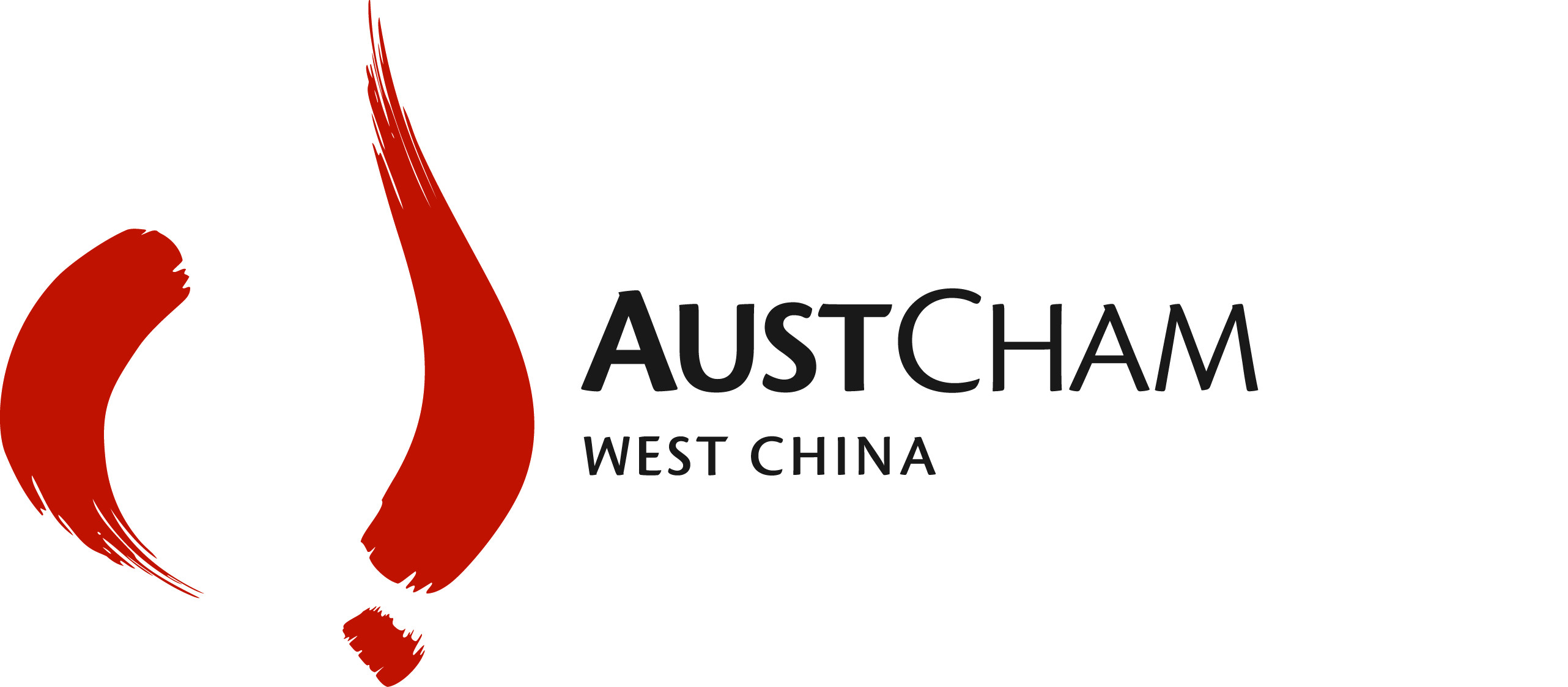AustCham Beijing’s General Manager Nick Coyle was featured yesterday on Sohu News commenting on the current Australia Week Business delegation and Chinese-Australian tourism relations. Please read below for AustCham’s translation.
The signing of the China-Australia Free Trade Agreement (ChAFTA) in December 2015 has encouraged the reduction of tariffs in many economic areas. Prime Minister (PM) Malcolm Turnbull’s office stated that the “ChAFTA between the two countries will open up more trade and exchange opportunities. As China continues the transition to a more consumption and services driven economy, more and more Australian businesses will be entering into China to find new markets and opportunities.” According to Reuters, the primary purpose of Turnbull’s visit to China is to further expand on the results of ChAFTA.
The 2016 Australia Week in China will be focused on trade, investment, education, tourism and other projects. The PM’s visit to China will be more effective in promoting ChAFTA’s benefits and boosting economic and trade exchanges between the two countries. The Summit will bring together the PM, The Minister for Trade and Investment, three federal ministers, Queensland Premier Annastacia Palaszczuk and Tasmanian Premier Will Hodgman (The Australian).
The Australian Financial Review reported that the business delegation is made up of more than 1000 business leaders. Unlike previous business delegations, this delegation mainly consists of small and medium sized enterprises. The General Manager of the China-Australian Chamber of Commerce (AustCham Beijing) Nick Coyle in an interview with Sohu News stressed that this year the composition of the delegation has changed for two reasons. Firstly, based on many years of trade experience between China and Australia, Australian big businesses have already established good economic and trade relations with China. Since the onset of the ChAFTA, there has been an increase in economic and trade exchanges with China and more opportunities for small and medium sized enterprises. Secondly, there has been a gradual growth of the Chinese middle class. In addition to the traditional areas of mining and agriculture, Australia has begun to gradually shift to high-end services which requires more diversified companies to enter the Chinese market.
During PM Turnbull’s visit to China, he will focus on promoting Australian tourism to the Chinese consumers (The Global Times). Last year, for the first time, Chinese tourists to Australia exceeded one million, injecting vitality and confidence into the Australian tourism industry. AustCham’s Nick Coyle believes that, regardless of the Australian or Chinese investors, the tourism industry is a large market, ripe with opportunity. Nick affirmed “Although we are currently performing well in the tourism sector, we could be doing better. At present there is an unparalleled opportunity for Chinese and Australian cooperation in the tourism industry. By Chinese businesses investing more in the Australian tourism industry, Australia has an opportunity to gain a deeper understanding of the Chinese tourist mindset and benefit greatly from this specialised knowledge.”
Please click here for the full article.
